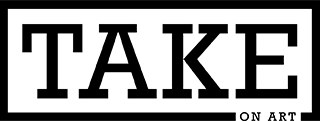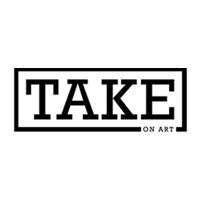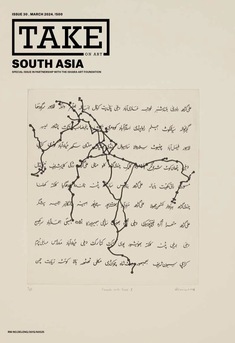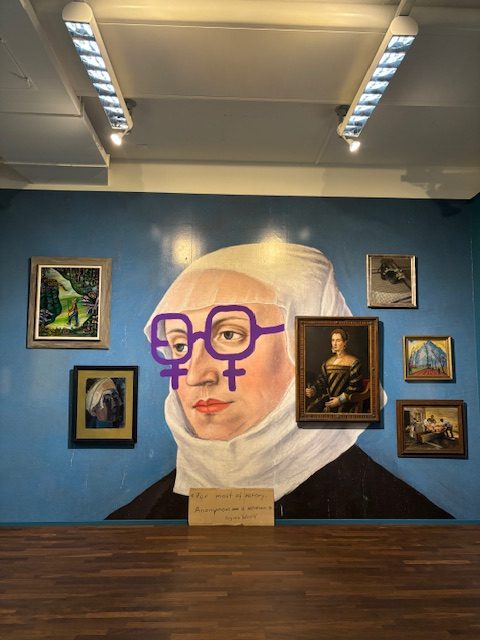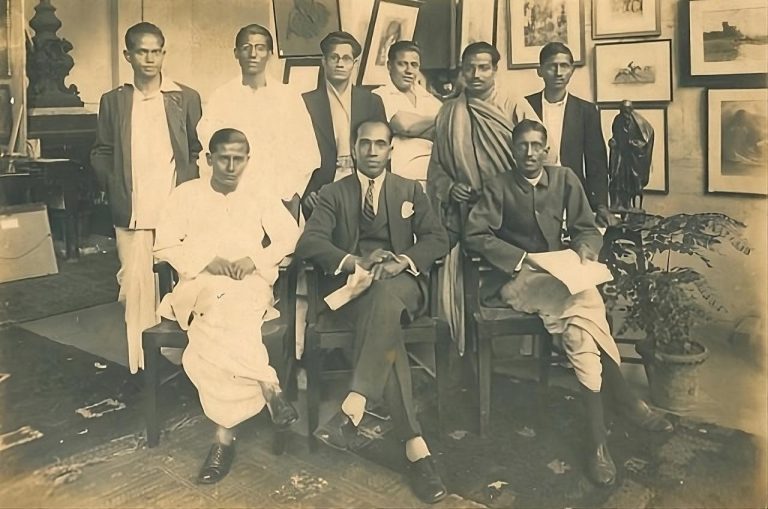Following a series of art-writing workshops organised by TAKE on art magazine, as part of the TAKE on Writing series – conceptualised by Bhavna Kakar as an outreach initiative to foster the practice of critical art writing in India – we were invited to organise and conceptualise a four-day workshop on art writing, from ‘Breaking Ground’, the first Indian Ceramics Triennale at the Jawahar Kala Kendra, Jaipur in November 2018.

The workshop commenced on the 15th of November with ‘Writing Object’, conducted by Skye Arundhati Thomas, followed by ‘Reading Art, Writing Thoughts’ by Professor Raman Siva Kumar from the 16th till the 18th of November. The four-day workshop concluded with the presentations by all the participants on the last day.

‘Writing Object’ engaged the participants to choose a single art object from then ongoing Triennale as their focus. Taking cues from writer and artist Travis Jeppesen’s idea of ‘object-oriented writing’– which he conceives as ‘a writing that attempts to inhabit the object, rather than merely describe or judge it’ – Skye structured the workshop to expand the approach to objects in a gallery or a museum. By the end of Skye’s workshop session, the participants had to produce small portraits of the chosen objects from the Triennale, where the writing could be fictional, literary, poetic or lyrical- poetry, short story, dialogue, press-release, letter, and critique.

Taking K G Subramanyan’s terracotta murals and reliefs as a case study, the workshop led by R. Siva Kumar, ‘Reading Art, Writing Thoughts’ explored the challenges and possibilities of writing on individual works or a closely-knit body of works from different perspectives. These possibilities were examined through a plethora of discussions and writing sessions involving close reading and analysis of the artist’s work, and the participants’ response to them.

“The participants came from various backgrounds. Keeping this in mind the format of the workshop was kept simple. I began by introducing them to a few pieces of short but exemplary art writings that demonstrated various approaches. After discussing these with the participants and responding to their queries, they were asked to write short pieces of a work of their choice and present them. Wherever necessary, the participants also discussed their projects individually with me.
The presentations were made on the final day. Each presentation was followed by a discussion on it by other participants, artists who were part of the Triennale and myself. Though the participants were not all trained in art history, they were deeply involved and came up with not only keen observations and original ideas but also innovative formats such as poems, dialogic exchanges between art objects and meditations on general issues provoked by art works or events. The participants went back, I believe, with greater confidence and enthusiasm. It certainly was a very enriching experience for me.” – R. Siva Kumar
Peers at the workshop included Kuldeep Patil, Aparna Andhare, Nina Bhatt, Prerna Khandelwal, Sindhuri Aparna, Priyanka Choudhury, Neeta Senacha and Monica Arora.
All photo credits: Jawahar Kala Kendra, Jaipur.



